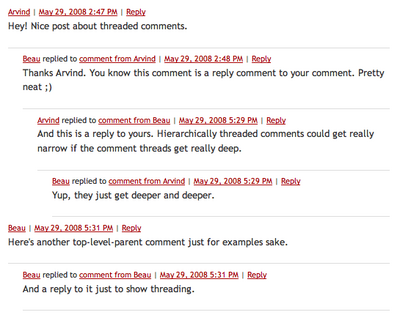Will be resumed when I get over the jet lag.
Meanwhile, I'm back home from attending the DARPA-organized 100 Year Starship symposium. Which was fascinating, but required the ability to drink from five simultaneous fire-hoses if you wanted to get a grip on what was going on, as a quick look at the list of tracks should indicate:
* Time/Distance solutions (propulsion, mostly)
* Habitats and Environmental Science
* Biology and Space Medicine
* Education, Social, Economic and Legal Considerations
* Destinations
* Philosophical and Religious Considerations
* Communication of the Vision
The impression I got was that a lot of people have been thinking about this stuff — how to lay the ground-work for launching at least an interstellar precursor mission in about a century's time — but with certain exceptions there's no really detailed joined-up thinking going on yet. In particular, much of the necessary preparatory research on habitats, environmental set-up, and biology is still in the embryonic stages. On the other hand, an interstellar precursor mission — an unmanned probe with a high-performance propulsion system, able to reach the Oort cloud (550-10,000 AU out) — may well be possible within the 21st century, and there are lots of encouraging developments in propulsion technology: ranging from new, improved ion rockets (with Isp around 10,000) actually due to fly in the near future to reliable nuclear-thermal rocket motors that have undergone extensive static test firing, and of course a variety of more speculative designs.
One thing I really noticed is that my gut feeling that the term "starship" poisons the discourse on interstellar travel seems to be born out by the symposium. In general, attendees were discussing two classes of vehicle: a high-speed long-range robot probe (think Galileo, Cassini, or Voyager on steroids), or generation ships functionally indistinguishable from a space colony with a motor on one end. (There was some, but relatively little, discussion of what we might do if the strong-AI proponents deliver, or if it turns out to be possible to build a warp drive. But as Vernor Vinge put it [paraphrasing from memory], "if we have a singularity, we don't get a say in how interstellar exploration is run.") If you've hung out here during the ongoing threads on space colonization you'll already have noticed that I think the generation-ship model would require a huge population and very complex systems of life support and social organization, more akin to a city state in space than a "ship"; the term "ship" tends to suggest a vessel with a relatively small crew who are journeying between inhabited locations, whereas a generation ship (or a fast robot probe) are going somewhere where there's no human-inhabitable "there" yet. My contribution, to the extent that I've got one, is simply to suggest that we should stop talking about "starships" and select another term that doesn't come with a lot of preconceptive baggage: "interstellar autonomous probe", or maybe "interstellar colony vehicle". (But preferably something a bit snappier!)
I gather a lot of the powerpoints and papers presented at the conference will become available online over the next days and weeks. I'll try and link to them when they do. Meanwhile, if you have any questions, feel free to prod me. (Finally, I'd like to thank DARPA for inviting me to the conference and facilitating my attendance.)


